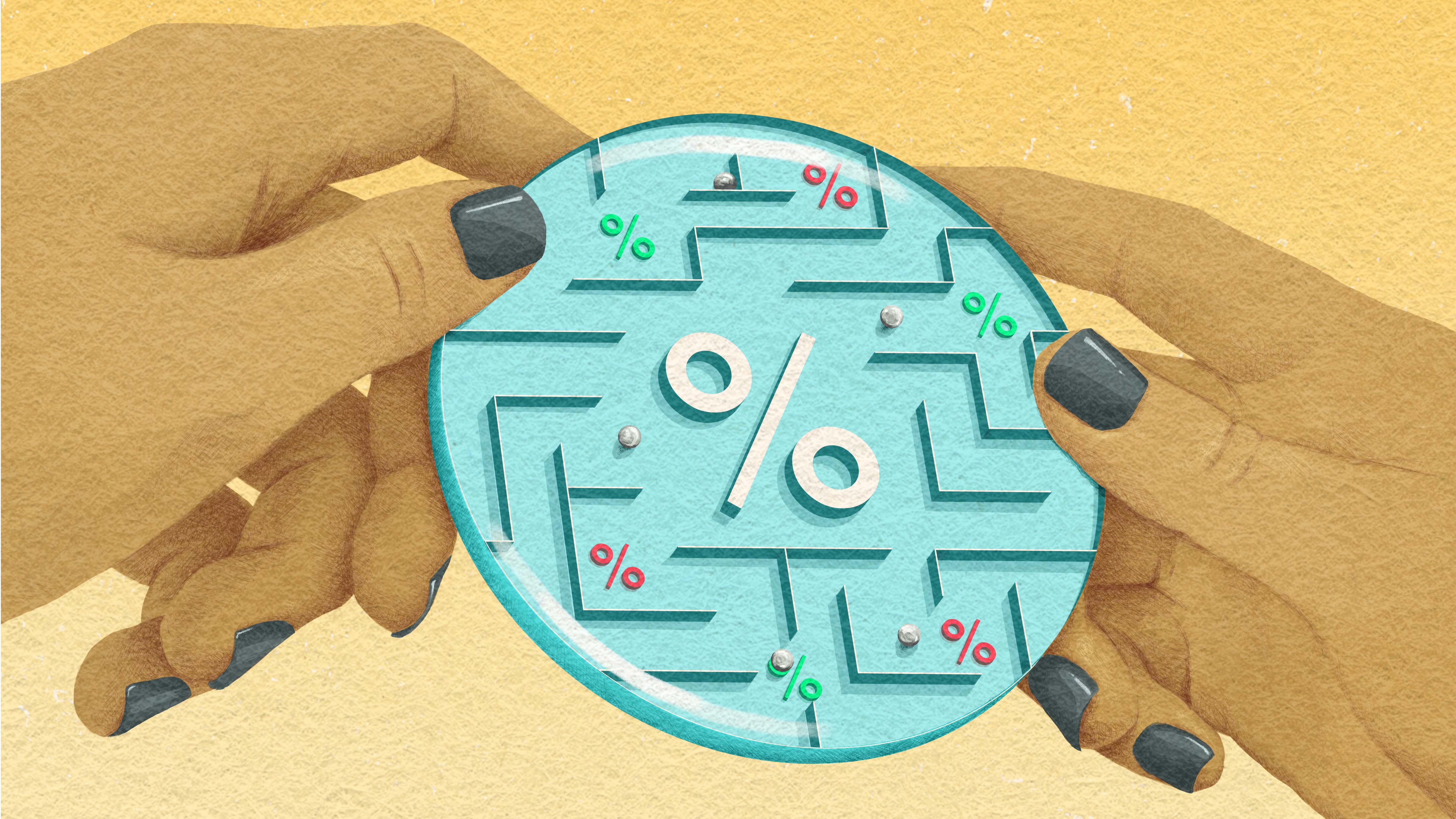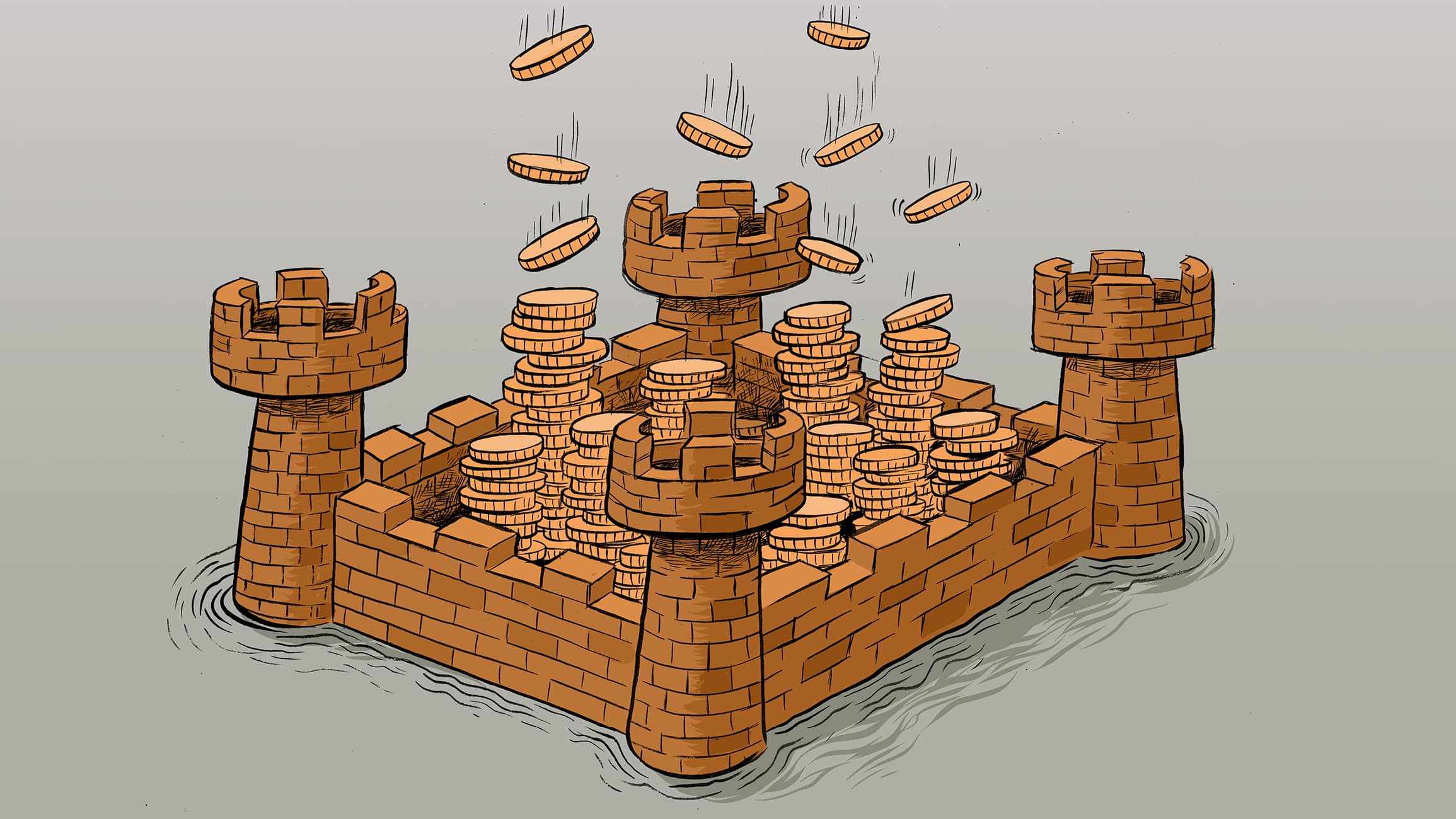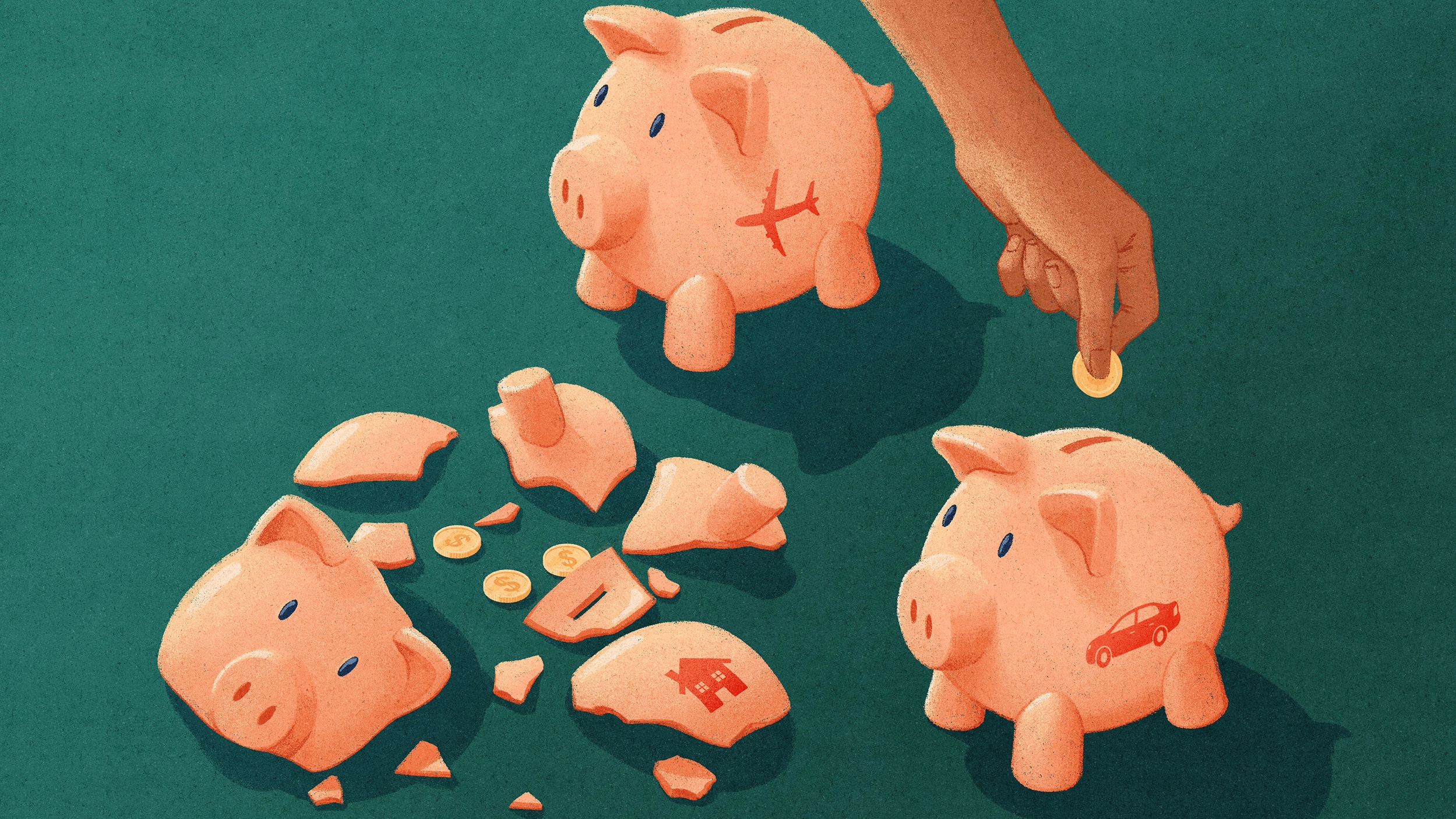
7 steps to set up new Canadians financially
Coming to a new country can be confusing and stressful even without learning a new financial system. Here’s a practical guide to getting comfortable with money, banks, benefits and more.
Leaving home and coming to Canada may be stressful. While Canadians are used to the way our money, banks and system work, newcomers to Canada may find our financial arrangements strange and confusing. Add to that learning a new culture and it means getting comfortable isn’t easy for many.
“It is very intimidating,” says Varun Bhagwat, Senior Financial Planner, TD Wealth Financial Planning, who was a teen when he came to Canada from India with his parents. Many new immigrants don’t know what they need to build their lives here, because the Canadian system is so different from what they’re accustomed to, he says. “There’s a lot of education that goes into explaining why we do certain things here,” he notes. “The learning curve is very steep.”
Take Polly’s story: Tragically, not too long after she and her husband arrived in Canada, he passed away. (Watch her story in the video below.) Suddenly, she was faced with the hard task of providing for her two children on her own, in a country whose financial system she was not totally comfortable with just yet. Fortunately, Polly got some guidance from a financial planner who helped her regain financial confidence and navigate our Canadian system.
TD client Polly talks about the challenges of coming to Canada, being a single mother and how a financial planner helped.
Even if Canada’s financial system seems similar to the one you’re familiar with, there are different rules and accounts that might trip you up and cost you money. Here are seven essential concepts to help you start your life in Canada on the right foot.
1. Accessing government benefits
Whether you’re a citizen or a permanent resident, if you want to build a life in Canada you have to begin by applying for a Social Insurance Number (SIN). You will need this number to access most federal government program benefits, says Bhagwat. Those benefits can help ease the burden of everything from raising a child to buying a home. Each province or territory may offer additional benefits as well. You may be eligible for some of these benefits within your first year here, even if you have yet to file a tax return.
2. Build your credit history
Getting your SIN will also allow you to build your credit history. That’s critical because, as Bhagwat points out, having a good credit history will be important if you want to be able to access financial products or services. Since this process takes time, Bhagwat tells many new Canadians to get a credit card as soon as they can, even if they’re making small payments: Paying the credit card bills off on time and avoiding going over your credit limit will help your credit score: Companies use an individual’s credit score to rate their ability to pay off loans. Paying off rent, utilities and other bills on time will also build your score quickly.
3. Getting a bank account
“Opening your bank account is key,” say Bhagwat, adding that there are many different accounts available to help newcomers. The Canadian banking system is highly regulated by the government and has a history of safety and stability. The major banks will happily open accounts for newcomers and may even offer special low-fee packages to help you get on your feet. Having a domestic bank account allows employers to easily pay you, by cheque or direct deposit, and also allows you to pay for goods, services, utility bills and other expenses directly from your Canadian account. Setting up an account and transferring money from your foreign account is often easy and something a Personal Banker can assist with.
4. Filing taxes
Income taxes fund many of Canada’s social programs, and all residents who have lived in Canada for even part of the tax year need to file a tax return by the end of April each year. As a new Canadian, you’re given special status for your first filing year. It’s important to remember that you’re required to file even if you haven’t earned much or any money, especially if you want to continue getting tax benefits. Income earned outside of the country also needs to be reported. Taxes can be filed either online or on paper and, while the forms can be daunting, the Canada Revenue Agency (CRA) offers a comprehensive guide for newcomers looking to file a tax return for the first time.
5. Learning how the money system works
You may have amassed your personal wealth before coming to Canada, but if you want to manage it efficiently here, it’s important to know the ins and outs of the Canadian financial system. For example, the obligatory deductions on a paycheque might seem foreign to many new Canadians, says Bhagwat. The Canada Pension Plan (CPP) deduction, for instance, is a deduction toward your eventual government pension, while the Employment Insurance (EI) deductions will benefit you if you become unemployed. There are also government-sponsored financial products such as a Registered Retirement Savings Plan (RRSP) or the First Home Savings Accounts (FHSA) that allow you to save for specific goals and enjoy tax deferments. Banks and other financial institutions also have financial literacy resources that can set you on the right track. Knowing which investment plans are available, how you’re taxed and other important country-specific financial concepts will help you make the right choices.
6. Apply for health coverage
Bhagwat suggests newcomers apply for provincial health benefits as soon as possible. “If you fall sick, it can put a lot of stress on your finances if you don’t have provincial coverage,” he says. To access Canada’s universal health system, you need to apply for a health card from your province or territory, which can take up to three months. Even once you’re approved, many things such as dental care and prescription drugs are not covered, though many employer offer additional medical and dental benefits.
7. Protect yourself from fraud
Canada is one of the world’s safest countries to live in, but its residents are still at risk of identity theft, phishing schemes, investment scams and other types of financial fraud. Unfortunately, fraudsters prey on the most vulnerable and that often includes newcomers to Canada. It’s important to educate yourself on how to recognize suspicious emails and calls, which are becoming increasingly commonplace. Never give out personal information unless you’re absolutely sure you know who you’re talking to. Bhagwat notes that people might be especially susceptible to fraudulent text messages supposedly from a financial institution because of their newcomer status. “As a new Canadian, you might not know that the bank doesn’t communicate like this,” he says. Reputable banks will never call or email you to ask for personal information or passwords and they’ll never threaten you if you don’t comply with their requests. People can report any suspected fraud to the Canadian Anti-Fraud Centre.
Apart from navigating the financial system, creating a plan for home ownership is one of the first things Bhagwat suggests new Canadians tackle. “I’ve talked to a lot of new immigrants, and [they say] it takes about two years to find their first home after they come here,” he says. Given the high cost of real estate in the major cities, new Canadians often have questions about how things like land transfer taxes and mortgages work, he notes.
All of this may sound challenging says Bhagwat, but financial stability and financial literacy can come together quickly. For the most part, many newcomers can get their first bank account and apply for government benefits within a month of arriving in Canada. While building a life in a new country can be tough initially, with some patience and a bit of friendly guidance and support, settling in your new home may be less stressful than you think.
MARK BROWN
MONEYTALK
ILLUSTRATION
DANESH MOHIUDDIN















